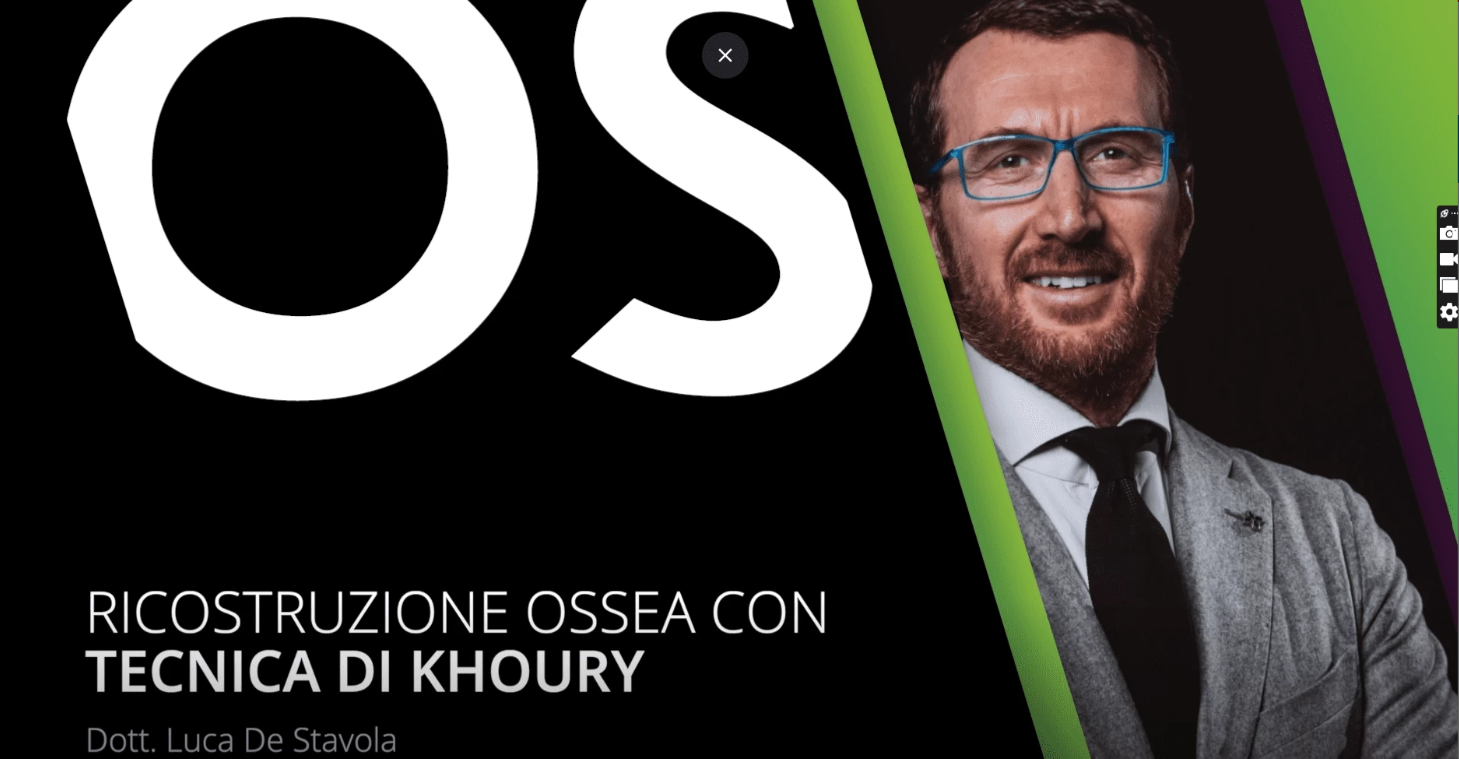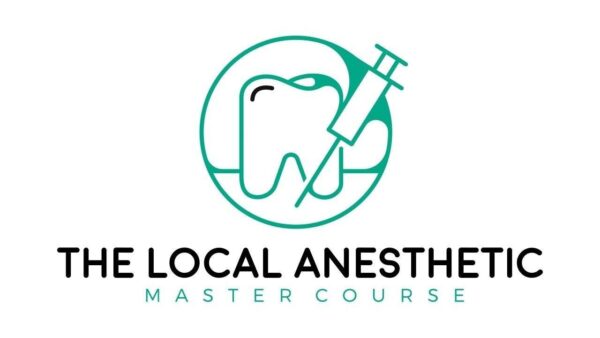Harvard Global Mental Health: Trauma and Recovery 2024
$190.00
This Product is shared via google drive download link, So please share your correct Gmail id while placing the order .Please note that there are no CME points or certificate associated with this course Samples for Courses Can be found here : Free Samples Here!
Format : 388 MP4 + 61 PDF filesFile Size : 129.65 GB

Categories: Courses, Neurology, Psychiatry
Description
The Global Mental Health: Trauma and Recovery Certificate Training Program, GMH, is in its 19th year. GMH was implemented in November 2006 by a call for training capacity in mental health by the World’s Ministers of Health (n=35) meeting in Rome in December 2004. The main objective of the GMH Program is to provide state-of-the-art cultural and evidence-based knowledge and skills to health and mental health professionals, humanitarian relief workers, and policy planners caring for traumatized patients, families, and communities worldwide. Advances in the neurosciences, psychosocial interventions, and community development will be offered.
A major focus of the course is on the transfer of knowledge in trauma informed care of survivors, an in-depth study of the neuroscience of trauma, and leadership development of course participants. Course participants receive an online version of the textbook: Global Mental Health: Trauma and Recovery: A Companion Guide for Field and Clinical Care of Traumatized People Worldwide and a Culture/Evidence Based 11 Point Clinical Toolkit. Special highlighted topics include human rights, trauma informed care, racial trauma, the long-term impact of COVID-19, self-care for health care workers, climate change and ecocide. The combination of lectures, questions and answers with faculty allows for in-depth sharing of knowledge and expertise of faculty and participants. This program uses a lecture and discussion format for all the subjects included in the course. Additionally, there will be an opportunity for participants to network with one another and with the faculty.
Program Overview
The Harvard Program in Refugee Trauma (HPRT) and the Harvard Medical School are offering an extraordinary one-week online certificate program, Global Mental Health: Trauma and Recovery (GMH). The program provides training for health care practitioners, humanitarian relief workers and policy planners addressing the health and mental health sequelae of traumatized patients and communities. The curriculum is adaptable for diverse populations and global environments affected by violence, natural disasters, and climate change.
The Global Mental Health: Trauma and Recovery Certificate Program is the first of its kind in global mental health, trauma, and post-conflict/disaster recovery. The major rationale for this Certificate Program emerged from 40+ years of clinical care, training, and research by the faculty with survivors of violence and natural disasters throughout the world.
In collaboration with Caritas Rome, Fulbright New Century Scholars Program and the World Bank, HPRT and the Italian Istituto Superiore di Sanità (ISS) developed the global Project 1 Billion: International Congress of Ministers of Health for Mental Health and Post-Conflict Recovery. In December 2004, this project brought together Ministers of Health from the world’s post-conflict countries to endorse a science-based, culturally effective and sustainable Mental Health Action Plan and Book of Best Practices for post-conflict recovery. Project 1 Billion revealed the great need for the education and capacity building of health care professionals, international relief workers and policy makers in the area of mental health. This Global Mental Health: Trauma and Recovery Certificate Program is a major result of Project 1 Billion.
Upon successful completion of the GMH program, participants receive a certificate of completion from the Harvard Program in Refugee Trauma and a certificate of participation with continuing medical education credits from Harvard Medical School.
Mission and Learning Objectives
More than one billion people have been affected by violence and disasters throughout the world. Our mission is to maximize a scientific and cultural approach and methodology to reduce suffering, minimize disabilities, and increase resiliency for survivors of violence worldwide. This Program offers a transformative training experience to create a network of global leaders in mental health recovery.
Upon completion of the certificate program, participants will be able to:
- Use science, culture, and evidence-based knowledge and practices in policy planning, clinical care, humanitarian, and human rights activities.
- Implement and apply advances in neurosciences and cultural knowledge in the clinical care of traumatized persons, their families, and communities.
- Offer effective scientific approaches for the care of survivors of the long-term impact of COVID-19 pandemic, racial trauma, climate change, ecocide, and long-term Covid.
- Demonstrate new leadership skills in clinical care, program development, and research.
- Learn the important historical scientific and evaluation approaches to the care of survivors of trauma.
- Apply professional development, self-care and ethics in working with vulnerable groups and communities.
- Learn how to create a healing environment.
Topics
The program’s emphasis is on learning an integrated holistic approach to policy planning and clinical care using the HPRT Global Mental Health Action Plan.
Topics include:
- Phenomenological theory of trauma and recovery developed by HPRT and international colleagues over 40 years.
- Epidemiology and the neuroscience of trauma.
- The HPRT Global Mental Health Action Plan.
- Trauma-informed Care.
- Mental Health Diagnosis and Treatment of Mental Health and Medical Disorders.
- Scientific (Evidence-Based) and Culturally Valid Best Clinical Practices.
- The new H5 Model for field based psychosocial and clinical approach to recovery.
- Health and mental health impact of racial trauma, health disparities, and Covid-19.
- Human Rights and Rebuilding Social Capital.
- Working in Interdisciplinary Medical Teams.
- Scientific and culture-based approach to leadership.
- Climate change and ecocide.












